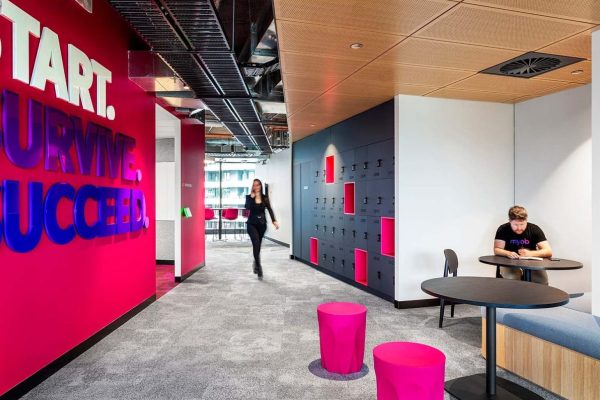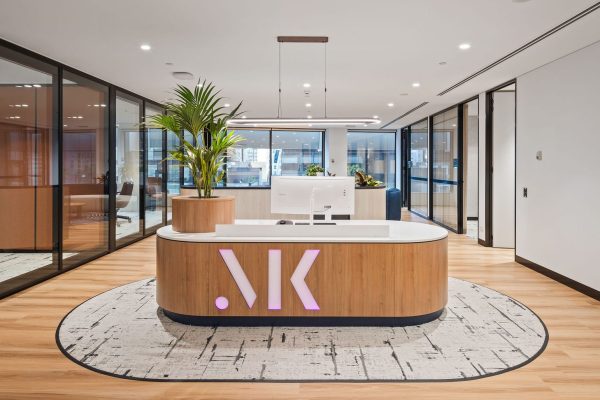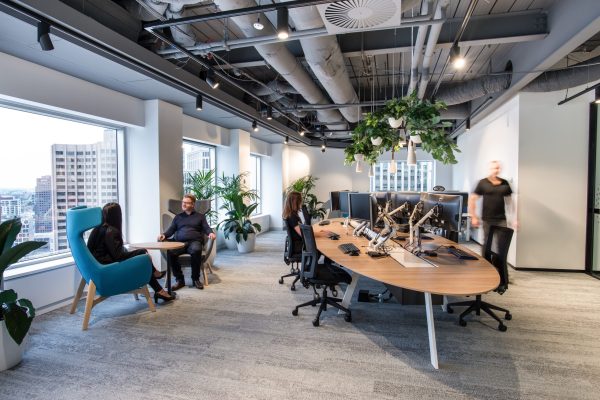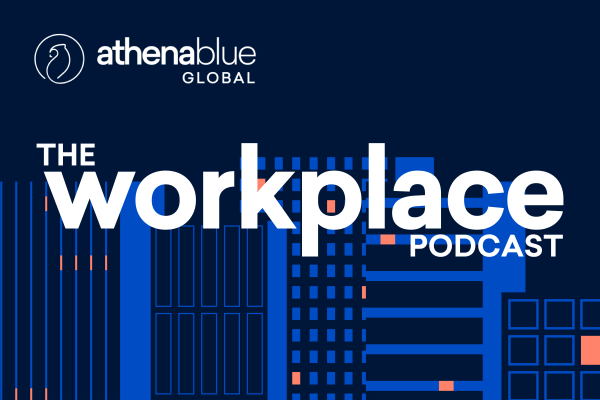Productivity and Hydration
Based on age, sex and pregnancy status, the daily water consumption ranges between 2-3.7L. Nearly two thirds of the adult body is water. It’s the major component of cells and the dominant component of fluid between the cells. Water is the medium that transports nutrients and waste throughout the body and helps to regulate our body’s temperature. Interestingly, increased water consumption is also connected to better diet quality. A 1% drop in hydration could lead to a 12% drop in overall productivity, as this it can affect mood, reduce alertness, and increase fatigue.
Although it’s well known that water is essential for human survival, we have only recently begun to understand its role in maintaining brain function. Current findings out of Cambridge University indicate severe dehydration have been illustrated to cause cognitive deficits such as impaired cognitive functioning, short-term memory and visual perceptual abilities, as well as mood disturbance. Whereas water consumption can improve cognitive performance, particularly visual attention, and disposition.
Health, Safety and the Environment
In the last 100 years, water safety and its conscious awareness has significantly increased. It’s one of the greatest public health achievements of the 20th Century, and yet, most people are dehydrated even when quality water is readily available. Statistically, many individuals hold a distrust in the quality of our water leading to an increase in sugary beverage consumption and a decrease in our overall physical health. This has catalysed our usage of bottled water leading to an increase in pollution and microplastic contamination.
As much as the quality of our water has increased, there has also been an increased risk of contamination from industrial, agricultural, and pharmaceutical sources. Here in Australia and New Zealand, strong regulations protect our water source. Even still, it is imperative that we identify which, if any, contaminants are present locally to ensure the health and safety of our occupants.
Workplace Design and Build
Water also plays a significant role in the design and operation of buildings such as heating and cooling systems, pools, irrigation, bathing and within other appliances. Planned inspections and maintenance outlined in operational protocols will help to reduce the risk of legionella and mould growth. The best way to increase water consumption is to make it readily available and remove any barriers to accessibility. Drinking fountains or taps placed throughout the office combined with information sessions have also been found to increase water consumption.
It’s so important to create a healthy hydration culture and educate your organisation and team on the significance of water consumption. We encourage them to make an active change towards consistent water breaks and hydrate regularly.
At Athena Blue Global, we help organisations shape their best places to work. If you would like to learn more about how we can help you define your future way of working or make sense of your workplace needs, please get in touch with us here.






